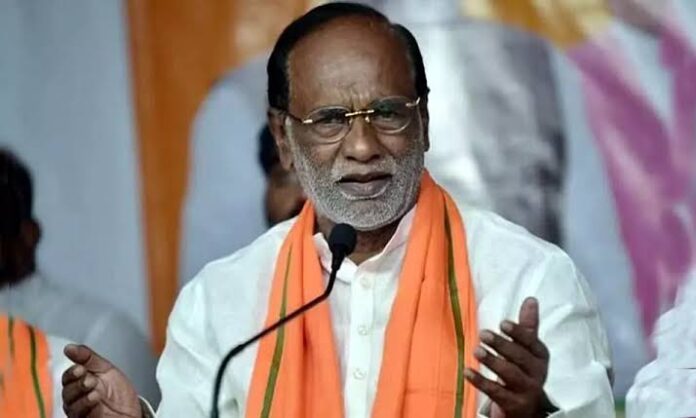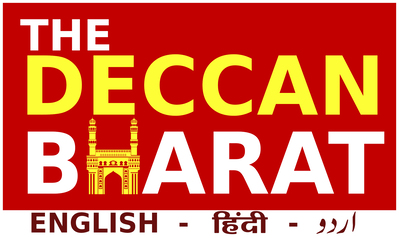New Delhi(June, 15) : Dr. K Laxman, National President of BJP OBC Morcha, expresses deep concern regarding the suffering of Hindu OBCs in several states due to the implementation of appeasement policies by certain political parties. He highlights the violation of reservation norms for OBCs, which deprives a significant section of the population from availing the benefits of reservations.
The NCBC-2018 (National Commission for Backward Classes) has found anomalies in the reservation systems of the following states:
- West Bengal: There are 179 OBC castes in West Bengal, with 118 being Muslim OBC castes, constituting 27% of the Muslim population. Surprisingly, there are only 61 Hindu OBC castes, despite comprising 70% of the population. This raises concerns about potential conversion of Hindu OBCs to Islam, as Rohingya and Bangladeshi immigrants have been granted OBC certificates.
- Rajasthan (Congress): Not a single person from the OBC community in Rajasthan has received OBC reservation benefits in any of the seven districts. This blatant disregard for the rights of OBCs is concerning.
- Bihar: Bihar has been issuing flawed certificates to individuals belonging to the Kurmi caste from 1993 to 2023. Rectifying the software in Jharkhand and Bihar is crucial to address this issue and ensure proper allocation of reservations.
- Punjab: OBCs in Punjab are only given 12% reservations, while SCs receive 25%, totaling a reservation of 37%. This raises questions about the remaining 13% that could potentially be allocated to OBCs, as states are allowed to provide reservations up to 50%.
- Telangana & Andhra Pradesh: In Telangana and Andhra Pradesh, BCs (Backward Classes) are entitled to 25% reservations, including groups A, B, C, and D. However, certain Muslim castes such as Dudekula and Mehtar have been included in BC groups A and B. With Andhra Pradesh having a Muslim population of only 12%, this is seen as “communal reservation” and raises concerns about fairness. The proposal in Telangana to increase Muslim community reservation by 12% has sparked concerns about possible communal discrimination.
Dr. K Laxman also raises concerns about distinctions within the BC category, where only BC Hindus below a certain rank are eligible for certain benefits, while Muslim and Christian BC students do not face such restrictions. This raises concerns about potential discrimination based on religious affiliation.
Furthermore, the issue of reservations extends to local body reservations as well, with the reservation percentage being reduced in Telangana and Andhra Pradesh, limiting the representation of OBCs. This raises concerns about the equitable distribution of reservations.
Dr. K Laxman emphasizes that the OBC Morcha holds no bias against any community but questions the bias observed in favor of the Muslim community in these states. He calls for immediate action to rectify these issues and ensure that reservation policies are implemented in a fair and transparent manner. He urges the concerned authorities to consider the recommendations of the NCBC-2018 and address the anomalies in the reservation systems of these states.




